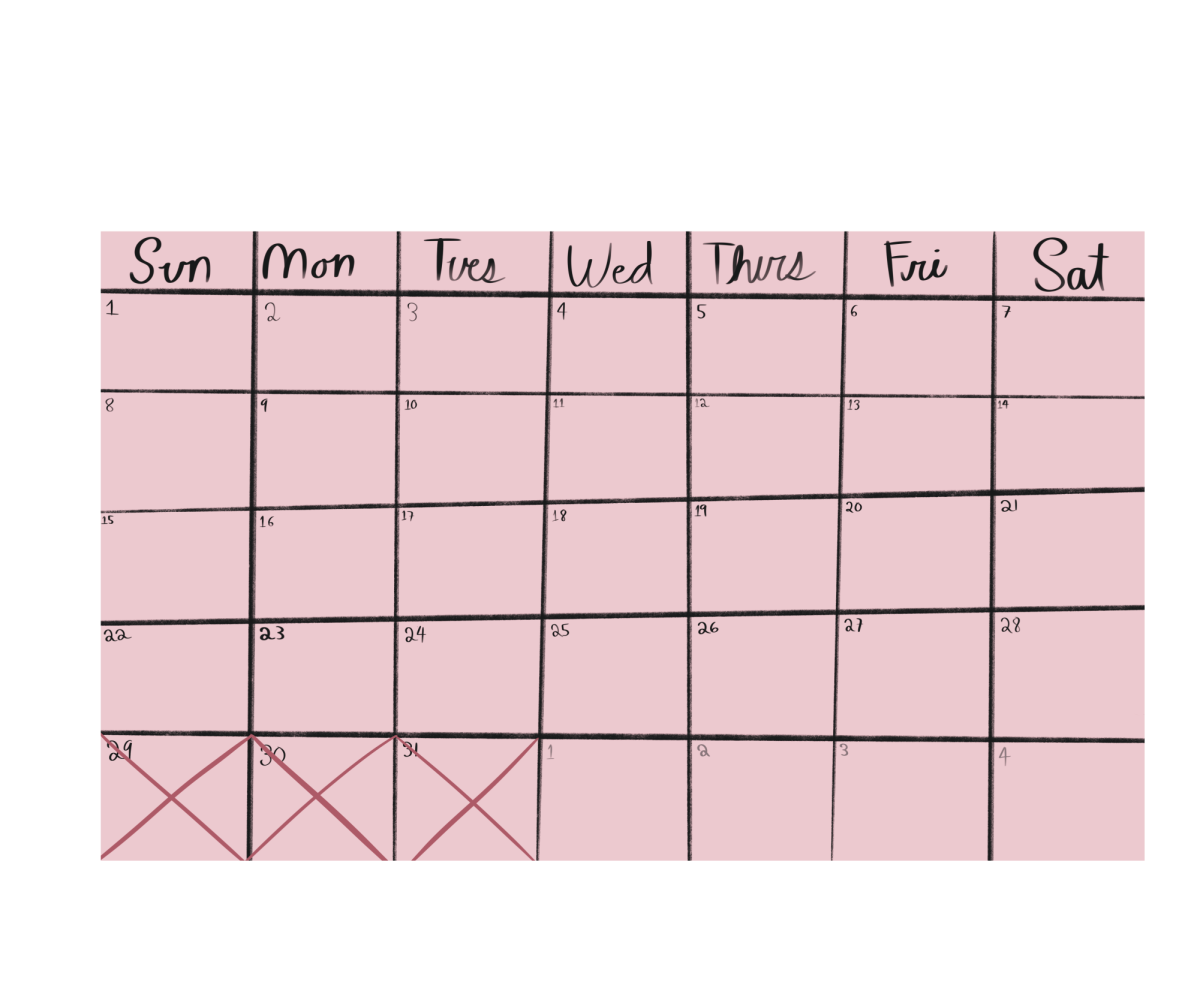Piles of schoolwork, never-ending after-school activities, parental pressures, and a desire to be the best can take a toll on one’s overall well-being. Sometimes, at the end of a long and grueling day, it’s nice to sit back in a cozy chair with a snack and scroll on Instagram or TikTok for a few minutes–or eventually hours–to escape. An alternate reality of ASMR “restocking the fridge” highlights, workout routines for abs in less than 3 minutes, or even the classic dog posing for a picture is all a person needs to ease the mind and not think about the stresses of daily life.
While social media platforms like Instagram, TikTok, Snapchat, and Pinterest can provide what may appear as harmless and fun time fillers, the adverse effects of social media on teens’ mental health can quickly distract from the potential benefits. According to the Child Mind Institute, 14 to 24-year-olds who use social media feel higher rates of social isolation and depression. These digital platforms can be linked to a lower sense of self-confidence, as many teens compare themselves or their lifestyles to those of influencers who dedicate their lives to videography and sponsorships, exaggerating how glamorous, expensive, and happy their lives are.
Additionally, social media has allowed spaces of chaos, negativity, and hostility to open up. This can lead to widespread political cynicism and a loss of faith in the democratic system of the U.S. government. According to multiple 2024 studies done by the University of California system, a trend amongst Generation Z voters shows that many individuals are concerned about the ability of a broken system to bring about real change in the country. Former president Donald Trump’s original posts and reposts on X, formerly known as Twitter, include many attacks on Kamala Harris, including a remark on her personal life irrelevant to the election or his campaign. While this form of online violence and extreme expression seems unnecessary and potentially violent, social media was vital to voter decision-making in the 2020 election, as individuals were able to access different political viewpoints from a wide variety of sources than from what their families use. How candidates conduct themselves on social media can be very telling of one’s personality and values, which can be a valuable resource when it comes to voting.
Furthermore, social media and an increased regular smartphone usage in the last decade can be a seemingly easy source to point fingers for a teenager’s poor mental state. In the past few years, global events, such as a pandemic, have significantly impacted daily life, and many adolescents and teenagers are still experiencing the drawbacks of the event. More than three years of isolation from normality led to isolated teens, which can easily lead to many different forms of depression. The Center for Disease Control (CDC) reported that in 2021, 37% of high school students reported poor mental health during the COVID-19 global pandemic, proving that isolation was mainly attributed to the lockdown in general, not necessarily an increased use of social media. Moreover, scientists from the Columbia University Mailman School of Public Health have concluded that increased social media use cannot be directly named as the sole cause of increased poor mental health among teens, although it does correlate.
“Technology: Where it Started and Where it’s Going”, a book written by students in the Survey of Science & Technology in Society class at Clemson University, expresses how the sole purpose of social media platforms was for individuals to share pieces of their lives in a digital, creative form. It has developed over the years into a powerful, dominant business that has reached over 5.2 billion individual users across the globe, according to Statista. This is revolutionary, especially in a global society plagued by war and division, that online platforms can unite such a significant percentage of the world’s people.
Overall, social media can be highly addictive and lead to increased depression; however, it has allowed communities to form and for people to find connections and share their ideas, as well as providing public spaces for expression. From a political angle, digital platforms are important for creating well-informed young voters who increase voter turnout. Social media will become even more dominant and popular in the years to come as society continues into the digital age.







